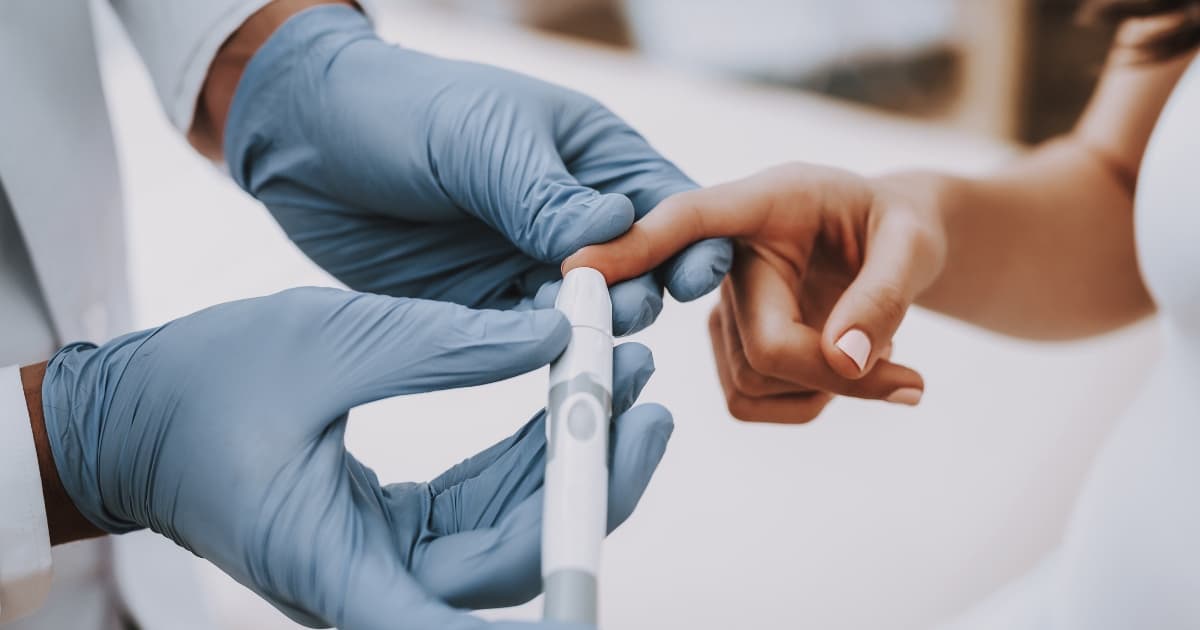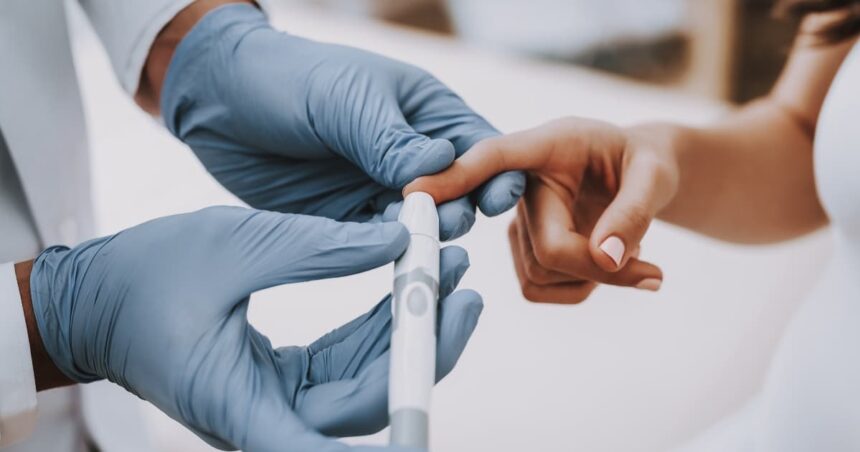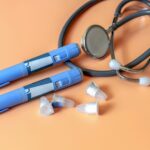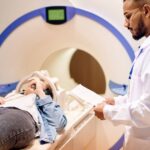Currently, type 1 diabetes affects more than 1.9 million Americans, with over 8 million living worldwide.
However, it can be difficult to identify symptoms. Therefore, if the patient is already in diabetic ketosidosis (DKA), nearly one in four cases of type 1 diabetes is diagnosed.
In this article, we will discuss the top five signs of type 1 diabetes you should know.
What are the top five signs of type 1 diabetes?
In addition to those who generally feel unwell, the following are the symptoms and symptoms of undiagnosed diabetes.
If you or someone you know is experiencing any of the symptoms that have been symptoms for less than a few weeks without improvement, seek emergency medical assistance immediately.
Frequent urination (Polyuria)
Polyuria, or frequent urination, is a common sign of undiagnosed type 1 diabetes.
Undiagnosed type 1 diabetic patients urinate more than one night, often multiple times per night. They may excrete up to 15 liters of urine per day from 2.5 liters.
Children with undiagnosed type 1 diabetes will wet the diaper or bed more than usual.
Excessive thirst leads to frequent urination, which also contributes to rapid weight loss. Three of these are common symptoms of type 1 diabetes.
Excessive thirst (polydipsia)
People with undiagnosed type 1 diabetes are often very thirsty.
This is due to hyperglycemia levels. People with undiagnosed diabetes may drink up to 6 liters of liquid per day and may be thirsty.
When people drink sugar-subscribed drinks, blood sugar levels rise even higher, thirst increases, and creates dangerous cycles.
Rapid weight loss
High blood sugar levels allow people with undiagnosed type 1 diabetes to lose weight very quickly in many cases.
People can lose 10-20% of their weight in a few weeks.
This occurs despite eating regular calories.
Because the body’s cells cannot use glucose properly (due to a lack of insulin), the body burns fat for fuel.
Fruity scented breath
People with undiagnosed diabetes may breathe fruity scented. The sweet fragrance of breath is caused by ketones.
When fat is broken down in the body for energy instead of glucose, an acidic chemical known as ketones is produced.
This acid accumulates in the blood, which can poison the body, leading to diabetic ketosidosis (DKA), which can accumulate in the blood and can poison the body, leading to life-threatening diabetic ketosidosis (DKA).
If these symptoms persist, seek emergency medical attention immediately. This is a classic sign of very high blood sugar over the long term.
Haze
Long-term hyperglycemia levels also change your vision and blur it.
This is because high levels of glucose in the blood can cause your eye lenses to swell with liquid, causing blurry and distorted vision.
This usually disappears after proper diagnosis and insulin therapy has dropped blood sugar levels.
However, after a diabetes diagnosis, it may take several weeks for your vision to return to normal.
Over time, diabetes can damage blood vessels of the eye and lead to non-reversible diabetic retinopathy.
If you are experiencing any or all of the above-mentioned symptoms, call your doctor or seek immediate medical consultation. Undiagnosed type 1 diabetes can be life-threatening.
What is the mistaken question for type 1 diabetes?
Type 1 diabetes is an early symptom that can be mistaken for the following illness:
- Growth is rising rapidly
- Influenza (influenza)
- cold
- puberty
- Urinary tract infection (UTI)
- Streptococcus infection (streptococcal throat)
- Mononucleosis (mono)
- Stomach bug (norovirus)
- General lethargy
- COVID-19 (COVID-19)
If you or someone you know has had mystical symptoms for a few weeks and they haven’t improved, call your doctor immediately.
I’ve been suffering from type 1 diabetes for several weeks, what should I do?
Call your doctor.
- You have one or more symptoms of type 1 diabetes.
- Your symptoms aren’t getting better or worsen after a few weeks.
Doctors can perform blood glucose tests to determine if they have type 1 diabetes.
Call 911 or if your doctor is not reaching you and your symptoms are gradually worsening, seek emergency medical attention.
Can I cure type 1 diabetes?
Unfortunately, there is no known treatment for type 1 diabetes.
However, advances in technology and drugs have made this condition better than ever.
If you have type 1 diabetes, consult your doctor about the latest technology.
Insulin pumps, continuous glucose monitoring (CGM) systems, and new insulin in the market can facilitate blood glucose management.











